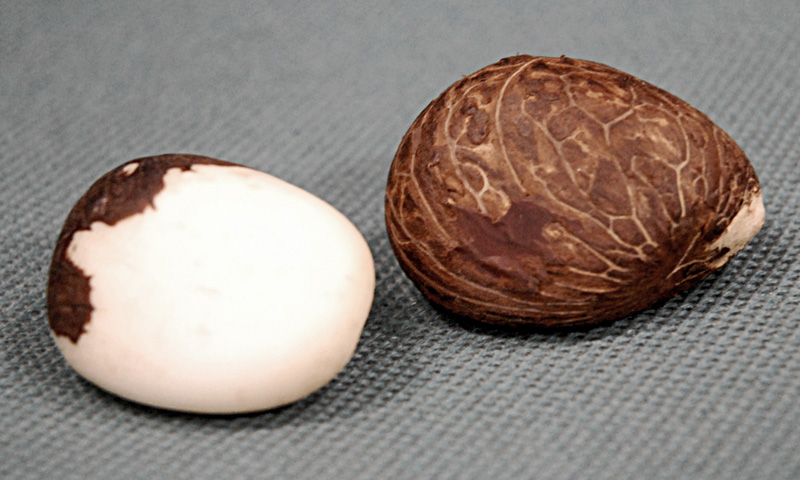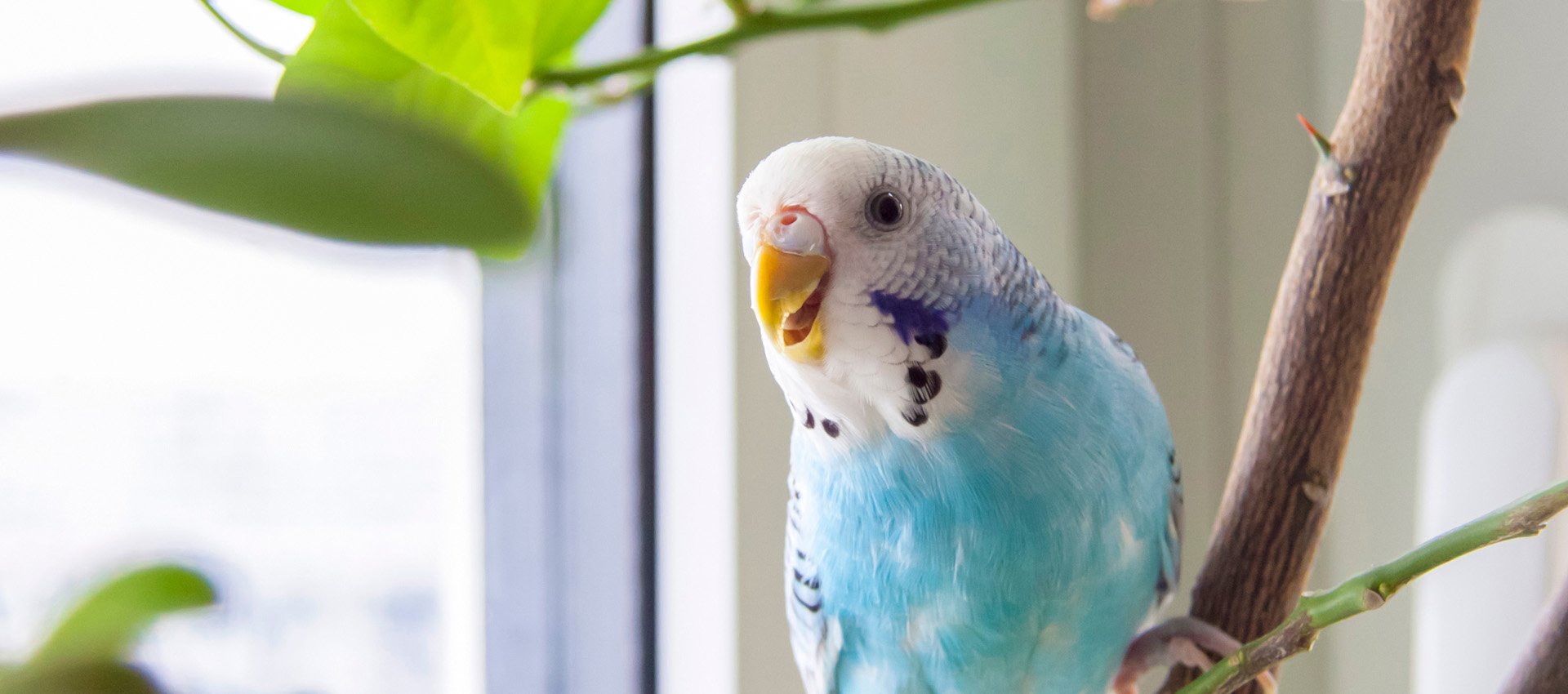Your cart is currently empty!

HARI Official Brand Site

“All over the world tropical rainforests are being destroyed at a phenomenal rate. This is the primary threat to parrot species survival.”

The hardest ivory is obtained from elephants inhabiting the western part of Africa. Most commercial ivory comes from the African elephant, Loxodonta africana. 90% of the tusks that enter the marketplace have been taken illegally by poachers. Approx. the same % of people who wear ivory bracelets still don’t associate ivory with dead elephants.
All over the world tropical rainforests are being destroyed at a phenomenal rate. This is the primary threat to parrot species survival.

Several years ago in South America, a marketing program called the Tagua Initiative, provided an alternative income to clearing the rain forest, by harvesting the fruit of the South American ivory nut palm, Phytelephas macrocarpa. This ivory nut is a substitute for ivory that can be carved and stained to stimulate mellow old ivory. What we must remember are these key words. Sustainable harvesting of the Tagua trees and international marketing and awareness campaign could help preserve parrot habitat. The people and government must be educated to the relationship between the trade in ivory and the plight of the elephant. Increasing demand for ivory nut would provide an alternative income to deforestation and protect species of the rainforest and decrease the demand for ivory!
Since 1981, wild elephant populations have decrease by half, 300 are killed daily. Some are killed by angry farmers that have their crops destroyed by these large stomping animals. Others are killed by game hunters, but most are killed by poachers for their ivory tusks.

HARI’s mission is to promote the advancement and improvement of Companion Bird Care and Aviculture through education and research in areas of psittacine health, nutrition, breeding, early parrot education, and product development.